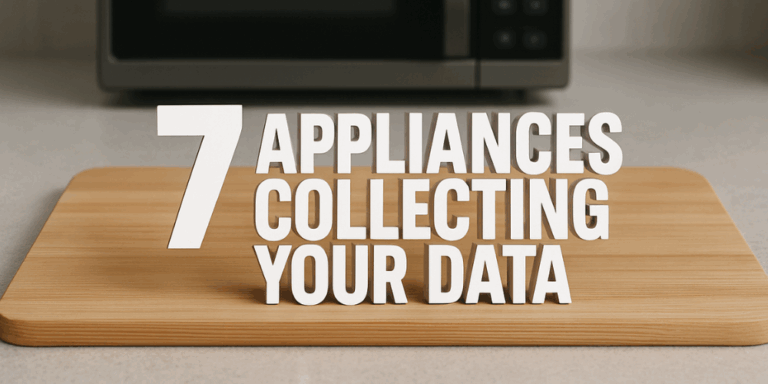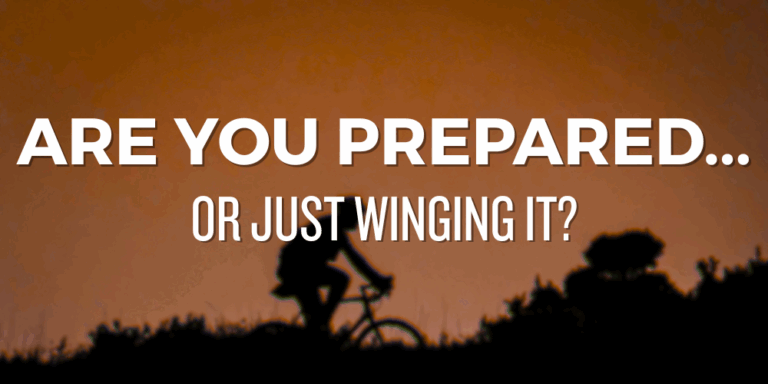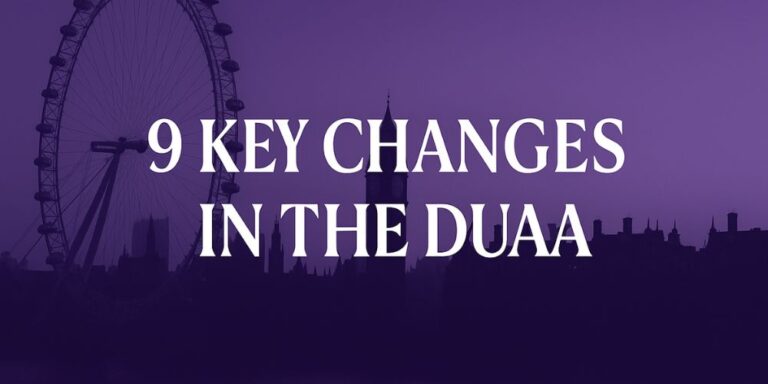We all know we should prioritise data protection, but in practice, just how vigilant are we in our everyday lives, really?
We’ve compiled a list of everyday scenarios in which you may accidentally share (or lose) more of your personal data than intended. Some may seem obvious, and a couple may not but we’re sharing some strategies in the hope that we can encourage better data security.
Public Wi-Fi
Free public wifi can seem like a godsend. Why finish that report in the office when you can finish it in a comfy seat in your favourite coffee shop, with a pumpkin spice latte in hand?
Unfortunately, like many things in life, if something seems too good to be true, then it probably is.
The issues that arise when using public wifi are too numerous to go into sufficiently in this blog, but here’s just a few of them:
- Malware, Viruses, and worms – Perfect for someone to track all your keystrokes including passwords and back details.
- Unencrypted connections – Perfect for stealing a copy of that highly confidential email right after you click ‘send’.
- Rogue networks – also known as a ‘Man in the middle attack’, the perfect backdoor allowing hackers to steal your information/assets.
- Network snooping – An avenue for hackers to surveil information exchanges, perfect if you want your information/assets stolen.
- Session Hijacking – I bet you can guess what this is perfect for.
Former Google design ethicist and Co-Founder of the Centre for Humane Technology, Tristan Harris said it best; “If you aren’t paying for the product, then you are the product.”
It is possible to use a VPN or other software to reduce the risks when using public Wi-Fi, but it’s best to avoid them unless you have absolutely no other choice.
Checking Emails in Public
Have you ever been in a queue, at your wits end, when suddenly you catch a glimpse of the person in front’s phone and wondered if they were doing anything interesting? Have you ever sat behind someone on the train, silently judging the TV show they’ve chosen to watch on their iPad?
Our devices are so proficient at commanding our attention that we often forget, even in public, that we are not alone. As tempting as it may seem to check your work emails while travelling, it is worth taking a minute to consider whether or not the data on your screen is for the eyes of the public.
If you need to work on a train, the easy option is to purchase a privacy screen for £10 which will protect your screen from onlookers.
Online Shopping
This one is relatively straightforward – when you’re making a transaction online and that little box pops up to ask if you want your debit card details saved, don’t click yes.
Just don’t.
Every additional place where you save your data is another point from which it can be hacked, either from the browser itself or your own device.
Parents Online
We’re all guilty of it. Social media is a drug that very few of us are able to kick, try as we might.
As human beings we have evolved to crave validation from our peers, and that’s completely fine. Want to show the world the lasagne you made (from scratch!) over the weekend? Fine! Want to share a particularly photogenic picture of you from a memorable night out? Go for it! Want to share a picture of your daughter in her brand-new uniform to celebrate the start of term? Well… might want to rethink that one.
An important rule to remember with the internet is that nothing is ever really deleted. Once you put something online, it is accessible. Safeguarding yourself and your children should always be your priority.
Familiesonline.co.uk released the following advice to parents;
“The experts say that sharing details about your child’s name, school, or address on social media could make them a target for child grooming, as visual clues – such as images of school uniform or taking a photo with your home in the background – can make it easier for predators to track down key personal information that can be used to identify or find kids.”
Using Your Passport As ID
We’re not sure who these people are, but we know they’re out there.
If you think that taking your passport to a crowded bar, full of people packed like sardines, jostling to claim drinks and drunkenly vying for a spot on the dancefloor, is a smart idea then we give up.
For the love of all things holy, get a provisional licence. Please. There’s way less risk of things like identity theft, for instance, than with your passport.
Check out our Data Protection resources section to find out more, or contact the team. Alternatively, consider enrolling some of your staff on our data protection courses.
Sources
Family Online – https://www.familiesonline.co.uk/
https://www.wgu.edu/blog/7-dangers-public-wifi-businesses2112.html#close









